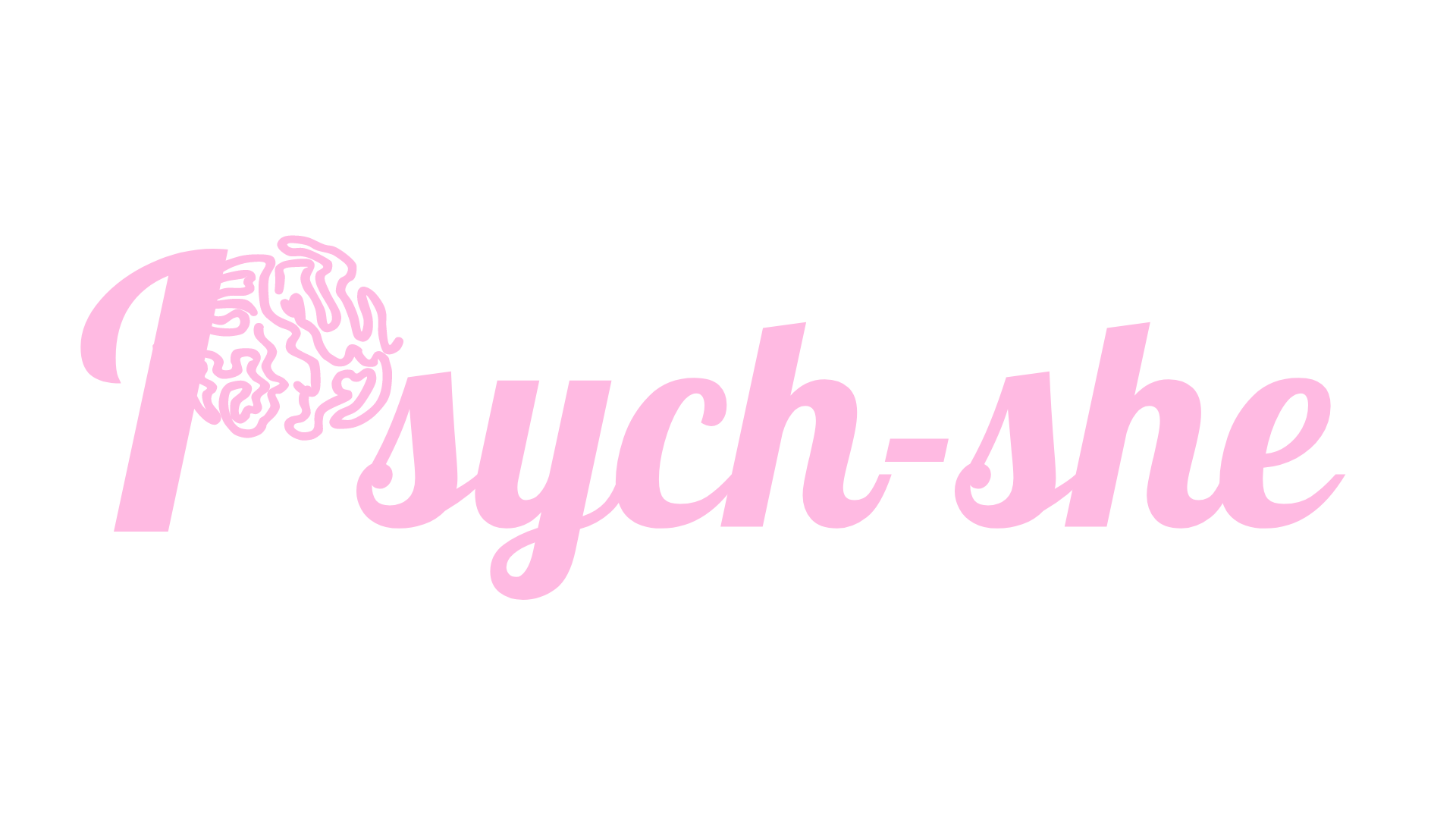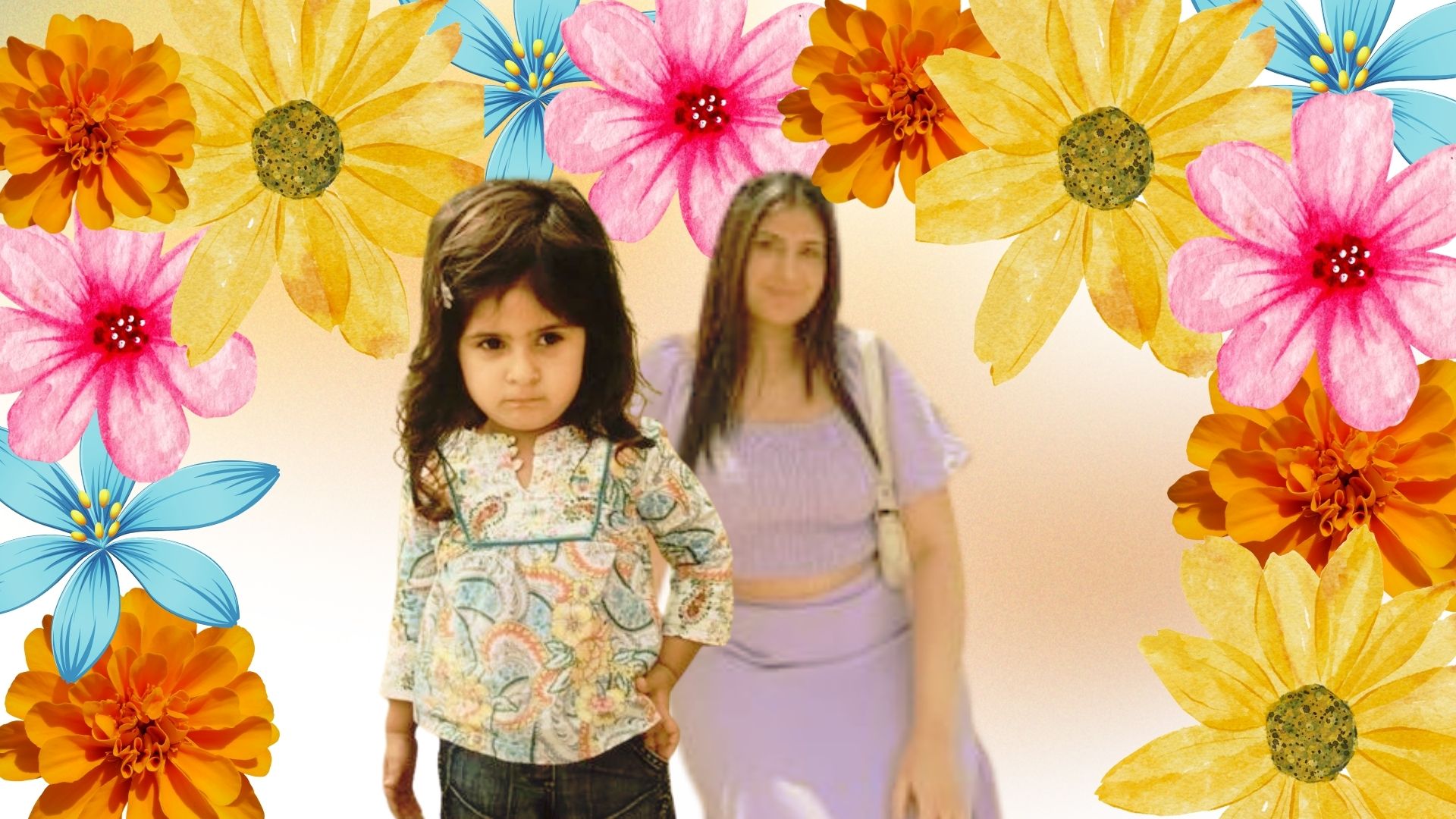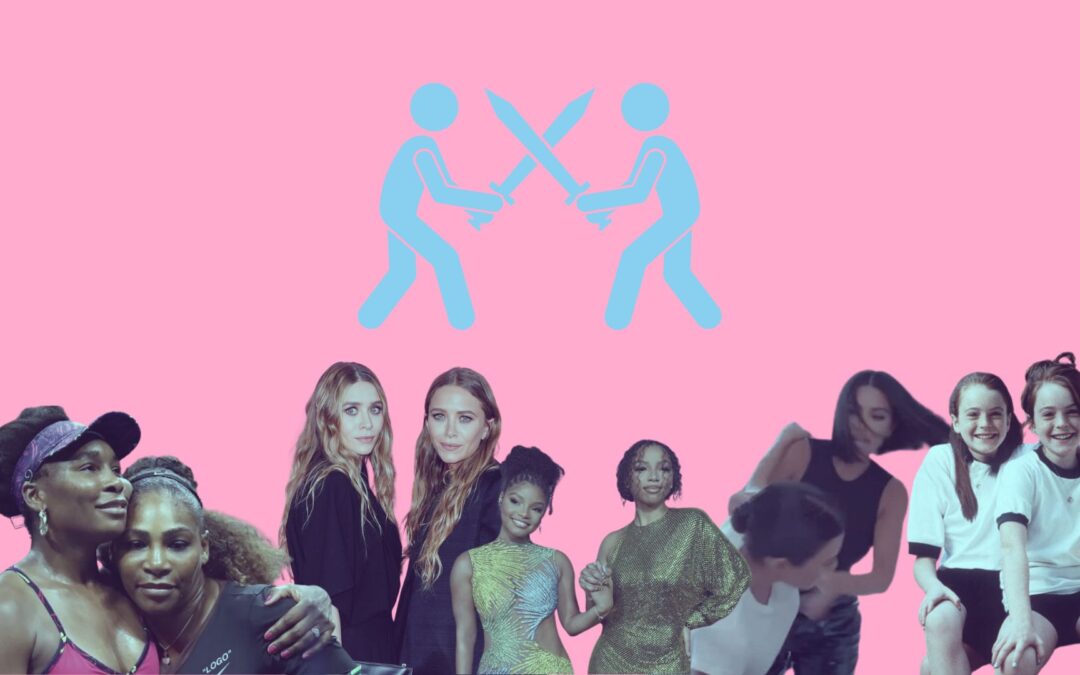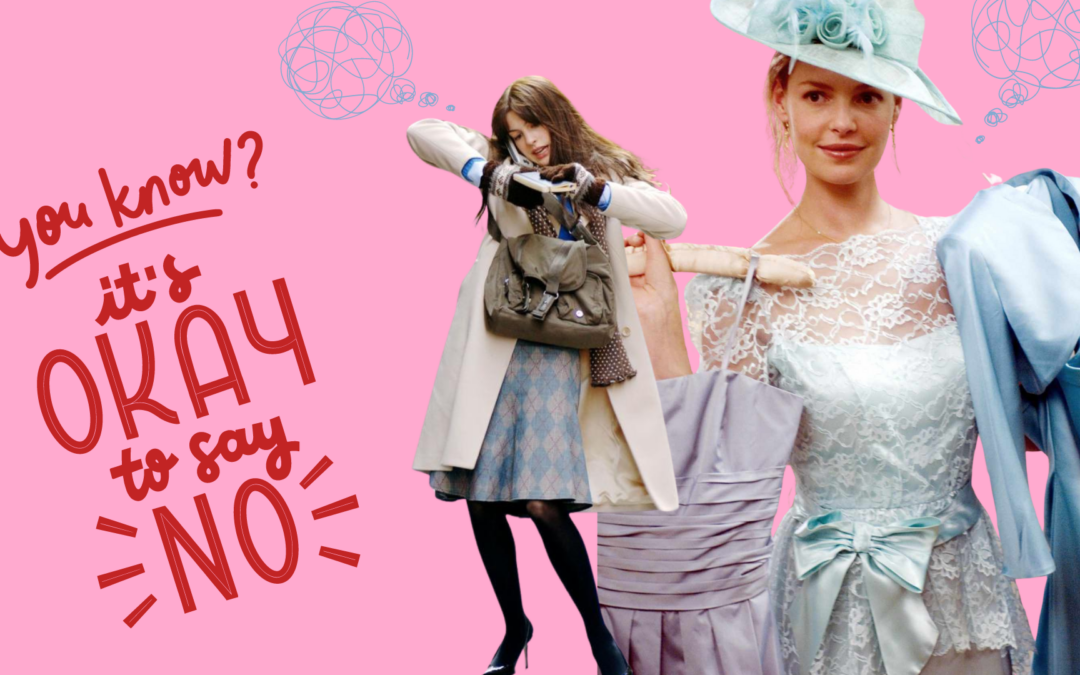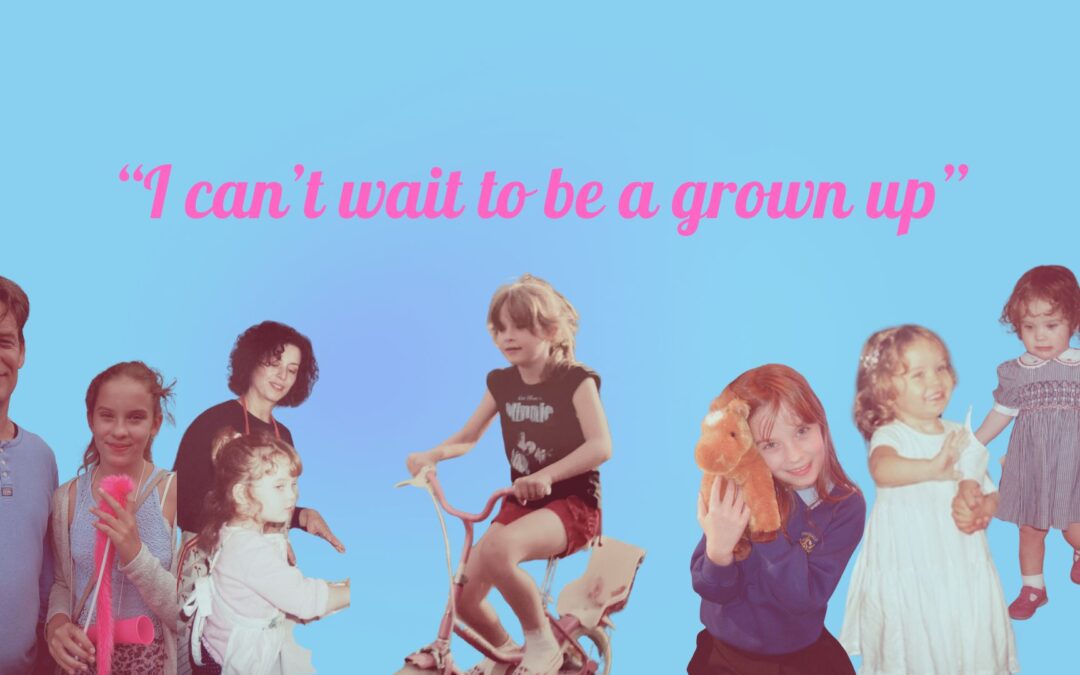Here, Tara Nagra investigates the realities of growing up as a brown girl in a western world and details her journey to accepting her place in society.
With South Asian girls under 30 years old making up less than 1% of the UK population, it is common for many of us to struggle with low self-esteem as a result of growing up in a white community.
Isolating, confusing and sometimes, painful.
Three words to describe my experience of growing up as a brown girl in a white community, and the self-hatred that came with it.
Growing up as an Indian girl in the leafy suburbs of Sutton Coldfield definitely came with its struggles.
In an area that was predominantly white and middle class, subtle racism was unfortunately a staple in my coming-of-age story, and being told “you’d be prettier if you were white” by my childhood crush was a particularly low moment for me.
After that, I so desperately wanted the blonde hair and blue eyes that would be ‘desirable’, but instead I looked in the mirror and saw a tiny, chubby cheeked brown girl staring back at me.
Monobrow, moustache and all.
The confusion regarding my identity is something I have battled with for the majority of my life. Constant ‘Where are you ACTUALLY from’ questions made me feel like I never really belonged anywhere, and although there was (usually) never any bad intent, I always felt that to my white counterparts, I was the other.
I was isolated.
I used to be blissfully unaware of my otherness, at school we were all just kids together, and nothing was ever deeper than who was the best at hopscotch.
That changed as I grew older, and I began to notice I looked different from all my classmates. I had more body hair than they did, and my skin was so much darker than theirs.
That’s where my insecurities started, and I began to try my hardest to integrate into the white community. But as I assimilated into that world, my “brownness” became diluted, and I was split between the two cultures, never really feeling like I fit in either.
It seems that my experience is also common for other South Asian girls across the UK, and for Kerena Jagpal, 25, an actress from London, her experience growing up in a white community also caused low self-worth.
“In primary and secondary school, my friendship group consisted of pretty much all white girls and because of that, I had a lot of issues I dealt with. I had very low self-confidence, I felt disconnected from my identity, and I tried so hard to fit into spaces I didn’t belong in.
“When I was younger, the only representation there was of South Asian people was that we’re nerds or uncool, and so when you go to school, people already have that perception of you.
“I pretty much grew up going to school and being called a p*ki or a curry muncher, or that my skin colour looks like poo, so little stupid things like that made me want to dissociate from being Indian, because it wasn’t the cool thing to be.
“I saw it as embarrassing. The issue came when I felt that I didn’t really fit in anywhere. At school I wasn’t white enough, but at family events I wasn’t brown enough because I’d completely detached myself from my culture. I felt completely alone and really struggled with my identity,” she says.
But why do we feel this way? Dr Nadia Alkhudhairy, a psychologist with a particular focus in difference and otherness, says “When someone makes you feel ‘othered’ from a young age, whether that is your nationality or religion or even the way you look, that is going to affect your self-esteem and how you see yourself.
Neuroscience and trauma research tells us that these early experiences affect the way our brain is developed, and they can trigger us in later life.
“What happens to people is when you’re brought up with two cultures, you can get confused yourself.
“Am I English? Am I Asian? It’s hard to distinguish the two, so I think until you find that differentiation and acceptance that you are a multicultural being who can adopt both cultures rather than neglecting one of them, it will continue to affect you throughout life.
“It’s important to value both sides of your identity, and this will help to create an overall acceptance in yourself.”
However for Kerena growing up, it was difficult to accept her Indian heritage due to the stereotypes that surrounded it.
“I remember my dad used to drop me off at school and he’d always be playing BBC Asian Network, with all the bhangra songs. So I would be listening to that on the way there, and then as soon as we got to school, I’d turn the volume down so that when I opened the door no one would hear it, because I didn’t want people to associate me with being that weird Asian girl.
“I think as a girl when you’re growing up, there’s already all these standards and expectations of how you look and how you should present yourself, and I think when you then add the layer on top that you’re Asian, you’re othered even more. I think that makes it much harder and definitely made me feel insecure and isolated.”
In recent years, I’ve become more aware of my experiences and how growing up in a white community has affected my self-confidence and self-worth.
I would convince myself that it was a big prank if someone expressed their interest towards me, because it was incomprehensible that anyone would truly desire me. I was on a path of self-sabotage that I only recently became aware of.
So although I’m less afraid of my skin tone and what that means to others, I still battle with the idea of how I can overcome the feeling of otherness. Will it ever truly go away, and will I ever love myself the way I want to?
According to Dr Alkhudhairy, “We have to be conscious that we have unhealed scars that are left, and some situations might trigger us when we’re stressed which can bring up old wounds that need to be addressed.
“There is a part of you that may always find it hard to belong because your mind can learn scripts and get into a rhythm when the nervous system is triggered. So because for a time there was this confusion about where you belong, when you’re feeling vulnerable now, you can get drawn back into that rhythm.
“That’s why the most important part of the healing journey is making yourself aware. It’s the most painful part, because our psyche doesn’t like pain, so we try to keep it in the shadows and the unconscious part of our brain, but it’s important to make yourself aware and notice when you’re being triggered.
“Although you’re in a different place now, we carry the wounded parts from our adolescence, so think about your younger self and help them see what has changed to make them feel secure. Soothe yourself and show yourself why you are worthy.”
As I have grown older and my experiences have become broader, I have realised I am not confined to the standards and stereotypes of my skin colour.
There is more to me than the colour of my skin and I get to choose how I’m defined, it’s my story to write.
So although it’s a difficult and painful journey to self-love, it’s one that I’ve committed to.
Expert insight: Dr Nadia Alkhudhairy
A psychologist with a particular focus in difference and otherness
